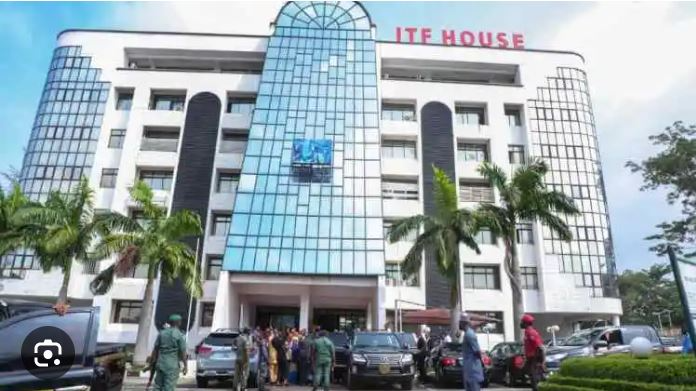The Industrial Training Fund (ITF), in partnership with the Chartered Institute of Project Managers of Nigeria (CIPMN), has commenced the nationwide rollout of the SUPA Project Management Examination, a certification exercise aimed at upgrading project delivery skills among artisans, craftsmen, and organisations.
The examination, which kicked off yesterday in centres across the country, is a key component of the second phase of ITF’s flagship Skill-Up Artisans (SUPA) programme.
ITF director-general, Dr Afiz Ogun, disclosed during an inspection of examination centres in Abuja that about 100,000 trainees are enrolled nationwide. However, assessments are being conducted in batches of 30,000 due to the limited number of internationally standardised training facilities.
“The programme is designed to train, certify, and license Nigerian artisans with internationally recognised credentials,” Ogun said. He explained that the SUPA framework is structured into three tiers: the foundation stage for basic skills; SUPA I, focused on soft skills and culminating in the ongoing CIPMN examinations; and SUPA II, which covers advanced technical training.
The current phase evaluates three soft-skill modules: project management, industrial safety, and patriotism. Ogun revealed that ITF, working with the National Orientation Agency (NOA), has developed a patriotism and professional ethics module to complement technical training.
Successful candidates, he said, will not only obtain certifications that validate their skills for employment, international placements, or self-employment, but also gain access to ITF’s job placement marketplace.
To address gaps in training infrastructure, Ogun urged private investors to establish more skills acquisition centres, assuring that the ITF would provide trainees and cover training costs and instructor stipends.
According to Ogun, a significant outcome of the SUPA certification will be the structured export of Nigerian skills under the Ministry of Industry, Trade and Investment (FMITI) ‘s National Talent Export Programme.
He disclosed that for trainees below the age of 35, once they secure their licence and international certification, the ITF will transition them into the National Talent Export Programme (NATEP) under the supervision of its parent ministry.
He added that the ITF will also work closely with the Nigerian Association of Chambers of Commerce, Industry, Mines, and Agriculture (NACCIMA), which will collaborate with chambers of commerce in other countries to identify skill demands. Feedback from such engagements will enable the ITF to design training programmes that prepare Nigerian artisans for targeted international opportunities.
Ogun emphasised that the initiative is expected to generate sustainable job opportunities abroad and strengthen foreign exchange inflows, positioning Nigeria as a competitive source of skilled labour across Africa, the Middle East, and beyond.
The registrar general of CIPMN, Henry Mbadiwe, described the SUPA exam as a game-changer that validates the skills of artisans, integrates them into formal project management practice, and opens pathways for growth both locally and internationally.
He noted that the ITF-CIPMN partnership marked a strategic intervention to set a new standard for project management in Nigeria. The partnership discussed integrating artisans and grassroots organisations into the country’s development agenda.





